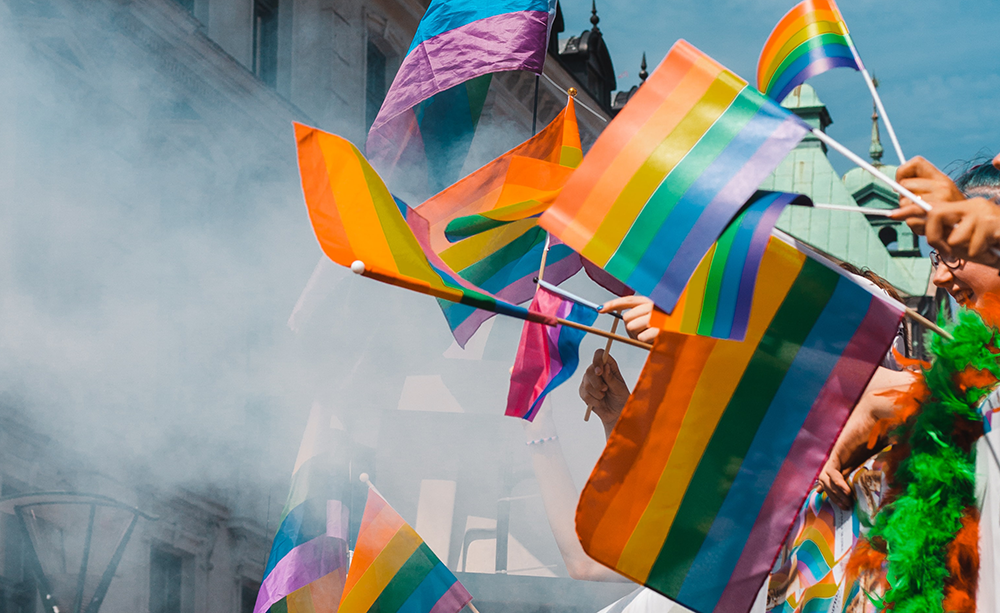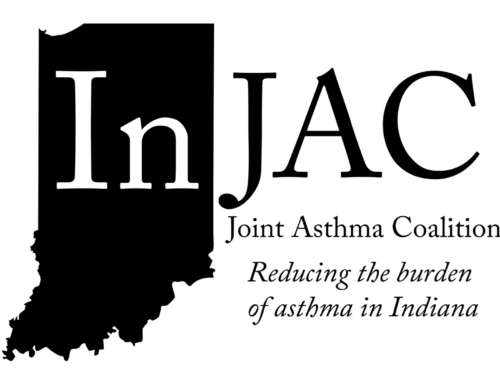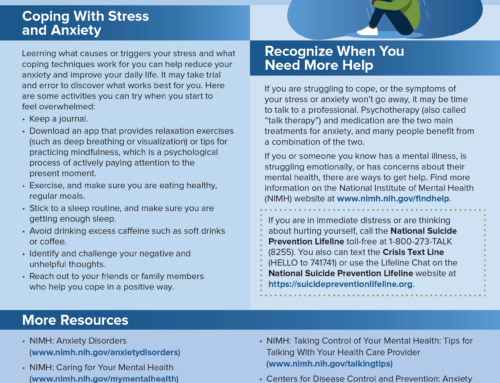Indiana LGBTQ Resources
Photo source: Teddy Österblom on Unsplash
The LGBTQ community is underserved when it comes to health resources. Please consider the resources below on mental health, cancer and general well-being.
Welcome to the Trevor Support Center, a place where LGBTQ youth and their allies can find answers to frequently asked questions, and explore resources related to sexual orientation, gender identity and more! Remember, if you need immediate support or help, Trevor’s counselors are just a phone call, chat, or text away. You are not alone.
CenterLink was founded in 1994 as a member-based coalition to support the development of strong, sustainable, LGBTQ community centers.
For some LGBTQ students, a lack of familial support can also lead to emotional and financial obstacles to attending college. Fortunately, many colleges across the country are LGBTQ-friendly. These schools have developed programs that address the unique needs of LGBTQ students, including scholarships, alternative housing, inclusive curricula, campus life presence, healthcare, counseling, and more. Our guide to LGBTQ colleges breaks down the individual components that make a campus LGBTQ-friendly, and is intended to help you navigate potential schools.
This document provides quick language tips to health professionals working with LGBTQ persons; it is not intended to be exhaustive.
Lesbian, gay, bisexual, and transgender (LGBT) people are at an elevated risk for many types of cancer.
A cancer diagnosis can affect all aspects of a person’s life. You and your loved ones should consider being open about your sexual orientation and gender identity with your cancer care team and should keep in mind the unique challenges that LGBT individuals can face.
Members of the LGBTQ+ community have unique and complex health needs that heterosexuals don’t face. Health disparities and barriers to care can make staying healthy challenging, but knowing LGBTQ+ health risks can ensure you stay on top of your health. Local and national resources can help you prevent or treat these health conditions with the right medical testing, care and support.
From ill-informed doctors to outright denial of essential services, LGBTQ people are often confronted with overwhelming barriers to basic medical care. Below, we’ve collected just a few of the statistics that illustrate the hurdles keeping members of the LGBTQ community from adequate treatment.
All parents want what’s best for their kids. But providing support isn’t always easy — especially if you are the parent of a lesbian, gay, bisexual, transgender or questioning (LGBTQ) child. In many ways no different from their peers, LGBTQ youth face some unique challenges that parents often feel unprepared to tackle. To help, Johns Hopkins pediatricians and adolescent medicine specialists Renata Arrington Sanders and Errol Fields share steps you can take to keep your kid happy and healthy.




